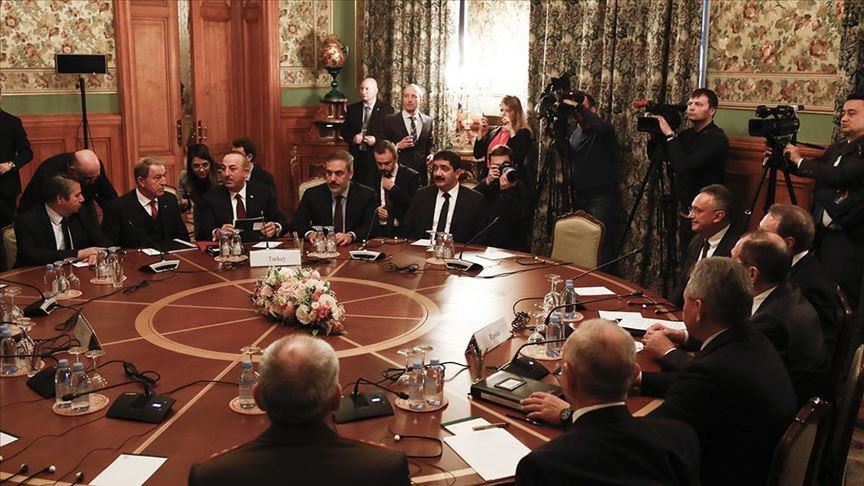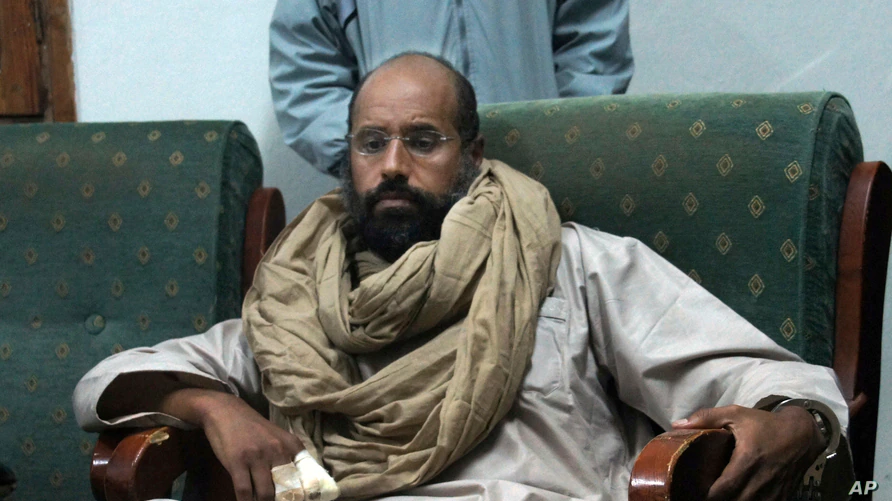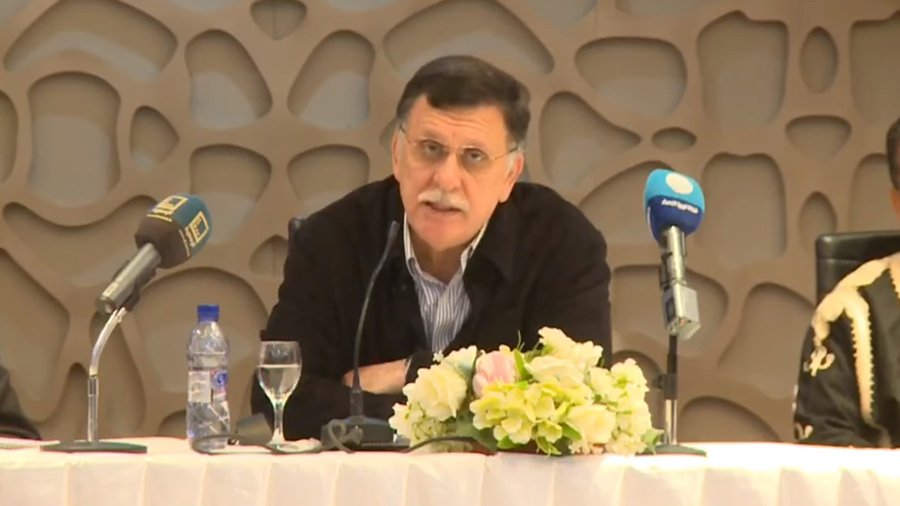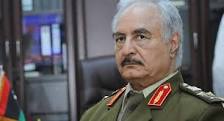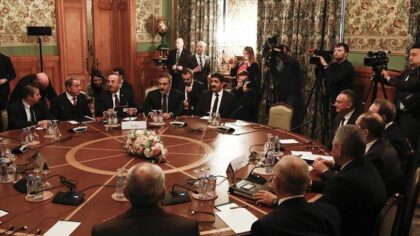 The heads of Libya’s two warring factions, the Prime Minister of the Government of National Accord (GNA) Fayez al-Serraj, and the commander of the Libyan National Army (LNA) Khalifa Haftar, are both in Moscow this Monday to sign a binding ceasefire.
The heads of Libya’s two warring factions, the Prime Minister of the Government of National Accord (GNA) Fayez al-Serraj, and the commander of the Libyan National Army (LNA) Khalifa Haftar, are both in Moscow this Monday to sign a binding ceasefire.
Turkey and Russia, which back opposing sides in the conflict, are supporting the Moscow talks and have both urged the rival factions on Monday to sign a binding truce to end a nine-month-old war and pave the way for a peaceful settlement of the Libyan crisis.
President Recep Tayyip Erdogan was quoted by Al Jazeera as saying that the talks “are going positively” and that Ankara was working to ensure the truce became permanent.
Fayez Sarraj and Khalifa Hifter met with top diplomats and military officials from Russia and Turkey for the talks that lasted about seven hours. The negotiations were held behind closed doors, and according to AP, the two men did not meet directly.
Russian Foreign Minister Sergey Lavrov and his Turkish counterpart Mevlut Cavusoglu said that Sarraj signed the draft agreement, but that Hafter requested more time to consider it.
“They have a positive view of the document and asked for extra time until the next morning to decide,” Lavrov said of Hafter and his delegation. “I hope they will make a positive decision. Russian and Turkish representatives will continue to offer their assistance.”
A tentative ceasefire came into force Sunday at the call of Turkey and Russia. The two warring sides have however since accused each other of violations.
Since April, the Tripoli-based GNA has been under attack from eastern forces loyal to Haftar, which on January 6 captured the strategic coastal city of Sirte. The ceasefire will thus end the nine-month campaign staged by Haftar to seize the capital, Tripoli.
In a short televised speech on Monday, al-Sarraj called on Libyans to “turn the page on the past”.
“I call on all Libyans to turn the page on the past, reject discord and to close ranks to move towards stability and peace,” he said.
In an interview with Al Ahrar TV, al-Sarraj said the GNA had accepted the ceasefire deal to prevent more bloodshed in the country.
“We will not ignore the sacrifices of our sons and martyrs or our dream for a civil state,” he said. “Our acceptance of the ceasefire comes from a position of strength to maintain national and social cohesion.”
Al-Sarraj made it clear however that his government’s forces were ready “to resume military operations in case of any break to the ceasefire”.
Sarraj’s GNA is backed by Turkey, which decided lately to deploy military advisers and possibly troops in Libya, and by Qatar, while pro-Haftar forces are supported by the United Arab Emirates, Saudi Arabia and Egypt. The Russian President is also seen by analysts as supporting Haftar.
Al-Sarraj has also accused Paris of supporting Haftar and tacitly backing his assault on Tripoli. French officials denied the claims.
German Chancellor Angela Merkel announced on Saturday Germany will host a summit on Libya on January 19, aimed at drawing a path to peace in the North African Country.
She made it clear that the United Nations would lead the talks, aimed at giving Libya the chance of becoming a sovereign and peaceful country.
